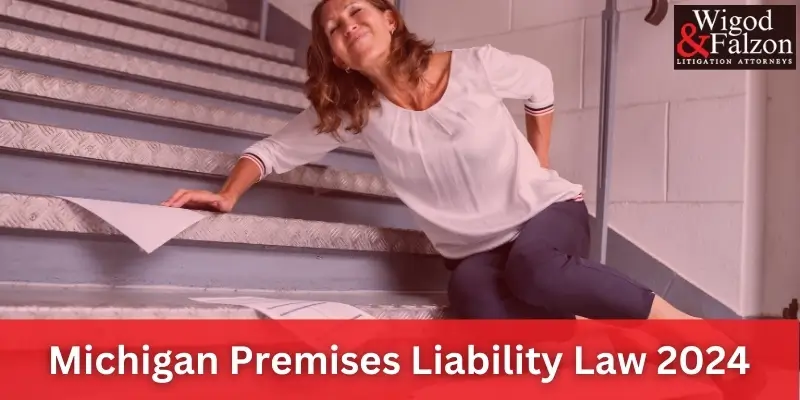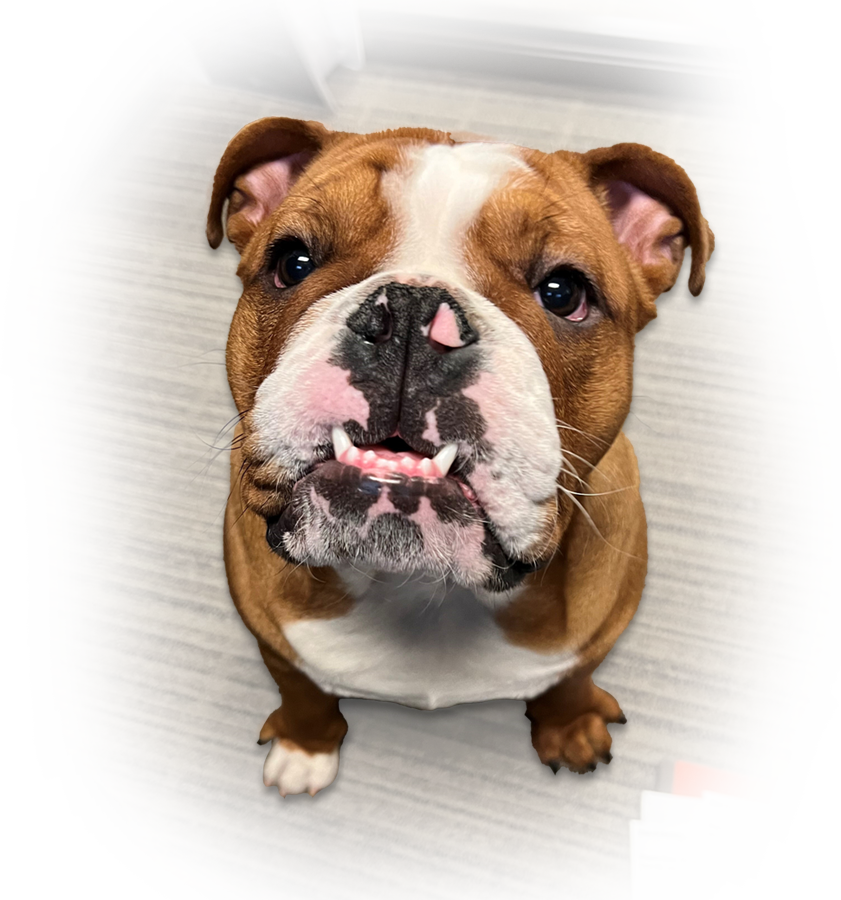|
|
Last Modified on Dec 31, 2024
Expecting a degree of safety in somebody else’s home or business is not unreasonable. You should never have to live in constant worry that you could get hurt or even killed because of someone else’s negligent behavior, especially if you have already trusted that person to keep their area properly maintained. If the property owner fails to meet these expectations, they could be in violation of Michigan premises liability law, leading to a personal injury claim, and they could have to compensate you.
What Exactly Is Premises Liability?
Premises liability can include any number of broken or improperly maintained areas in somebody’s home or business. Broken staircases, poor lighting, uneven sidewalks, rotted wood, or even a wet floor all count as potential hazards that could cause you significant harm.
A premises liability case can hold businesses and homeowners responsible for their negligent behavior that leads to injuries that occur on their property. If you are able to demonstrate that negligence is a valid part of your case, you may be able to hold the right people accountable for a bad accident and seek compensatory damages.
Statute of Limitations
In Michigan, the statute of limitations for a premises liability case is three years, as it is considered a personal injury case. That gives you three years to establish your grounds, develop your claim, gather the necessary evidence, consult with a premises liability lawyer, and file a claim for compensation. If you are unable to file your claim before three years have passed, it is likely that your case will be dismissed, and you won’t be able to seek damages at all.
It can take a lot of time to build a strong, successful premises liability case. You might hit the deadline sooner than you think, so it might be wise to start building your case as soon as you can. If you are unsure of the strength of your case, you may want to bring your evidence to a lawyer early on and let them decide if it’s worth pursuing or not.
Proving Negligence
One of the key elements of a premises liability case is negligence. If negligence isn’t present, you might not have a case at all. Proving negligence can be a difficult feat to accomplish. Even if you know wholeheartedly that the property owner in question failed to warn you of a dangerous hazard, proving it might be easier said than done. To demonstrate negligence, you must prove the following statements:
- The property owner owed you an expected duty of care as you were a visitor to their home or a customer in their store.
- There was a hazard on the property that represented a very real danger to everyone on the premises.
- The property owner knew about the hazard but made no effort to fix it.
- The owner’s failure to act resulted in your injury.
Your attorney can help you identify the finer elements of negligence, even if they may appear obvious. It is vital to your case that you demonstrate every possible way that negligence led to your injury.
Additionally, it is important to note that the premises liability laws of Michigan generally do not extend to trespassers, burglars, and others who are illegally intruding on someone else’s property. The property owner owes them no duty of care, as they are not supposed to be on the premises. They may not even be aware that the intruder is on their property in the first place.
Now, if the owner created a situation to intentionally harm intruders on their property, there may be some legal protection granted to the intruder. It depends on the case.
FAQs
What Is the Statute of Limitations on Premises Liability in Michigan?
The statute of limitations for a premises liability case in Michigan is three years, as it is considered a form of personal injury. That gives you three years to develop your claim, gather evidence, speak with a lawyer, and file a claim for compensatory damages. If you fail to file before three years are up, your case might be dismissed.
When Is a Property Owner Held Liable for Injuries?
A property owner is held liable for any injuries that occur on their property as either a direct or indirect result of the owner’s negligent behavior. To bring a premises liability claim against someone, you have to prove that they created the situation, they knew about the danger and did nothing to stop it, or the danger was so obvious that the owner should’ve known about it and done something to resolve it.
Are There Ways to Strengthen My Case?
Yes, there are always a few things you can do to strengthen your case. The more documentation you have, the stronger your case can be. Keep all your medical receipts, get the contact info of any witnesses, take plenty of photos of your injuries and the accident scene, and keep detailed medical records of everything you have dealt with as a result of your injury. If your case is documented, it shows dedication.
What Is the Difference Between Personal Liability and Premises Liability?
The major difference between personal and premises liability is who is affected. Premises liability affects business owners, property owners, and those who are injured. It deals largely with location, while personal liability is centered around someone’s individual actions that could have led to a negligent situation. You could be held personally liable for many different situations.
Reach Out to an Experienced Premises Liability Lawyer
It is no secret that property owners are expected to adhere to strict guidelines regarding the safety of the people they allow on their property. If someone is injured, they may be held liable for that injury with the help of a premises liability lawyer. These laws are in place to ensure the injured party has a chance to hold someone accountable for an avoidable injury.
The legal team at Wigod & Falzon can help you build up your premises liability case and ensure nobody takes advantage of you during this process. Contact us to speak with a valued team member and schedule a consultation today.





